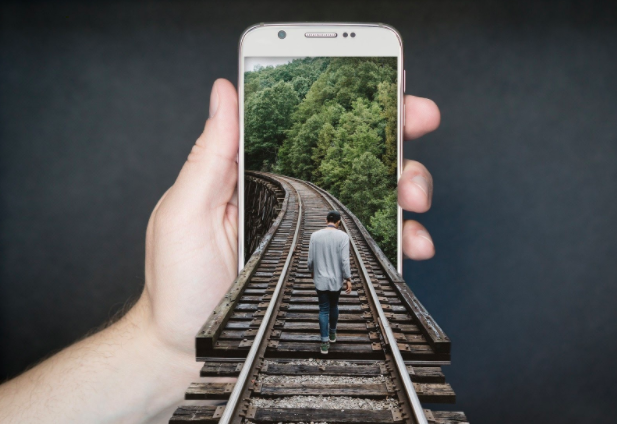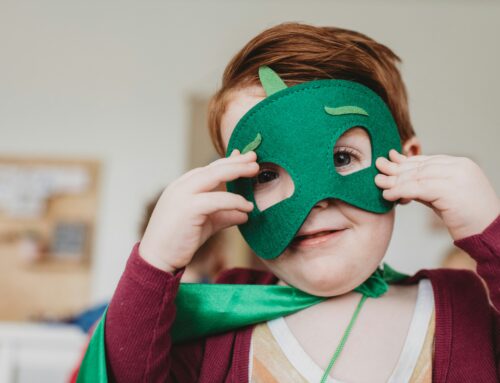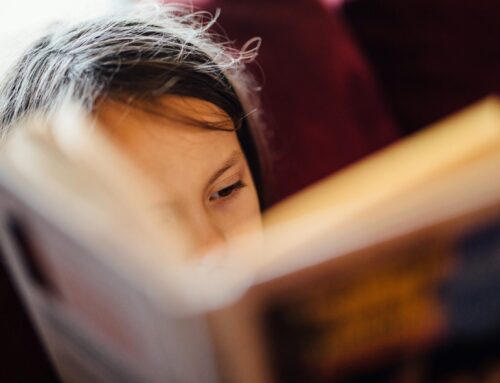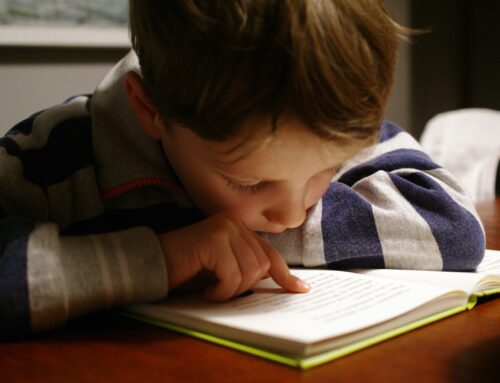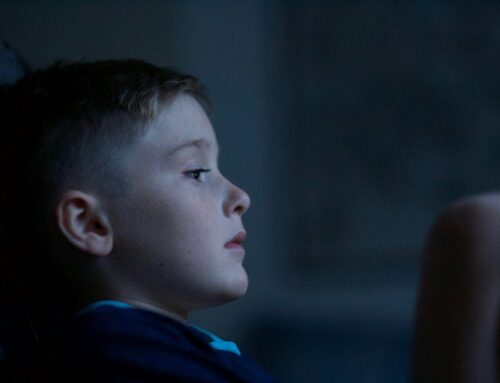While using a Smartphone app certainly isn’t a substitute for professional care, apps can still be valuable supplements for individuals experiencing everything from sleep problems to anxiety and TBIs. You can also use apps to help track behavior, encourage new habits, or even assist with academic and life skill learning.
Not sure where to begin? Take a look at these 8 potentially helpful Smartphone apps:
Breathe2Relax
Proper breathing techniques are a key tool for conditions like panic disorder and PTSD. Reviewed by the Anxiety and Depression Association of America (1) as one of the more researched and effective apps available, Breathe2Relax helps teens and adults manage their anxiety through breathing exercises. The app guides users through breathing techniques that are designed to help calm and refocus their anxiety.(2)
SuperBetter
Recovering from a traumatic brain injury is a difficult process, especially for young adults who may be feeling isolated and lacking in confidence after their injuries. The SuperBetter app was created to improve cognitive function and boost confidence for teenagers who have experienced a concussion. When a group of recovering teenagers were asked to play the app for 10 minutes a day, everyone in the group reported improved symptoms. Teens who did not use the app reported either no improvements, or even worse symptoms.(3)
The SuperBetter app has grown beyond its original intention to become an app that is also used by teenagers and college students to build resilience and encourage good habits. However, students with a concussion can install a specific concussion pack into the SuperBetter app to access the research-based program. While the app has been thoroughly researched and shown to be beneficial, it is still recommended that children with a concussion not receive too much screen time.(3)
Lickety Split
Lickety Split could be an especially helpful app during virtual schooling. This timer is also a great option for parents of children with ADHD or kids who struggle with routines. With the Lickety Split app, parents can use a visual hourglass timer and music to countdown to certain tasks, like cleaning the bedroom or getting ready for a difficult transition.(4) Parents can also choose the song that plays, as well as the length of time that the child is given to complete a task.
White Noise Lite
If your child is struggling with insomnia, then playing background sounds known as white noise can often make a noticeable difference in their ability to fall asleep. While there are many options for white noise apps, the well-reviewed White Noise Lite app allows users to mix together various sounds, as well as record and loop them, for an individualized series of sleeping sounds.
CPT Coach
Another ADAA recommended app,(1) CPT Coach is designed for patients who are in cognitive processing therapy, typically for post-traumatic stress disorder. This app is meant to be used alongside treatment and is highly rated for teenagers, adults, and veterans.
MoodKit
Designed for teens and adults with mild depression, anger management needs, and anxiety disorders, MoodKit helps to make cognitive-behavioral therapy accessible to everyone, although the most benefit will come when working alongside a qualified therapist. This app is also recommended by the Anxiety and Depression Association of America.(1)
CalmCounter
This app is meant to help children with autism spectrum disorder, ADHD, and other conditions that make transitions a struggle. The app helps students to manage their emotions through breathing and counting down, as well as viewing a social story about anger and feelings.(5)
MindShift
Helpful for teens and young adults, the research-based app MindShift helps students with a variety of anxiety conditions and phobias, including test or performance anxiety, school concerns, social phobias, panic disorders, and other related conditions. The goal of the app is to help teens track and change their thinking surrounding anxiety-inducing situations, similar to the goals of cognitive-behavioral therapy.(5)
Assessment and Treatment Services at NeuroBehavioral Associates
Speaking with a physician or medical care provider is always a good idea before using any app for health needs. NeuroBehavioral Associates provides comprehensive neuropsychological assessments for children, teenagers, and adults. Our focus is on individuals with known or suspected learning, attention, or neurodevelopmental disorders. Through our assessments, we can formulate an appropriate intervention plan for maximum success.
We also offer certain therapy services, forensic services, and valuable resources to our families.
NeuroBehavioral Associates remains open. We are providing in-office, low-contact assessments, as well as telehealth services. Call 410-772-7155 or email us today to schedule an appointment.
References:
- ADAA. (n.d.). ADAA Reviewed Mental Health Apps. Retrieved September 30, 2020, from https://adaa.org/finding-help/mobile-apps
- Lavine, R. A. (2015, November 25). 4 Psychological Smartphone Apps Designed to Benefit Behavior. Retrieved September 30, 2020, from 4 Psychological Smartphone Apps Designed to Benefit Behavior
- Stone, P. (2017, August 21). Smartphone app helps teens recover from concussions by making symptoms the enemy. Retrieved September 30, 2020, from https://traumaticbraininjury.net/2017/08/21/smartphone-app-helps-teens-recover-from-concussions-by-making-symptoms-the-enemy/
- Maffei, M. (2014, January 09). Awesome chore apps for kids. Retrieved September 30, 2020, from http://allparenting.com/my-family/articles/969769/best-chore-apps-for-kids
- Apps to Help Your Child with Behavioral Challenges and Mental Health. (2015, June 4). Retrieved September 30, 2020, from http://blog.neurogistics.com/index.php/apps-that-help-your-child/

